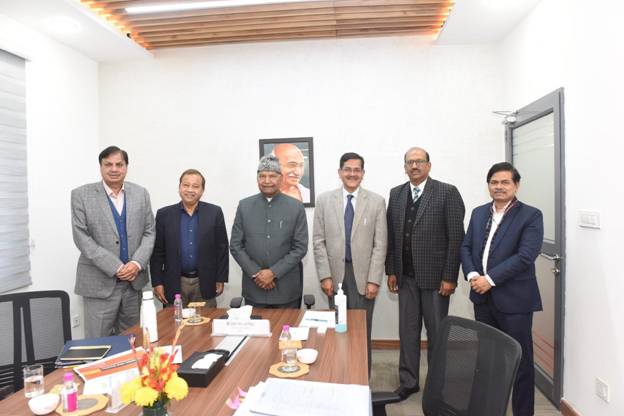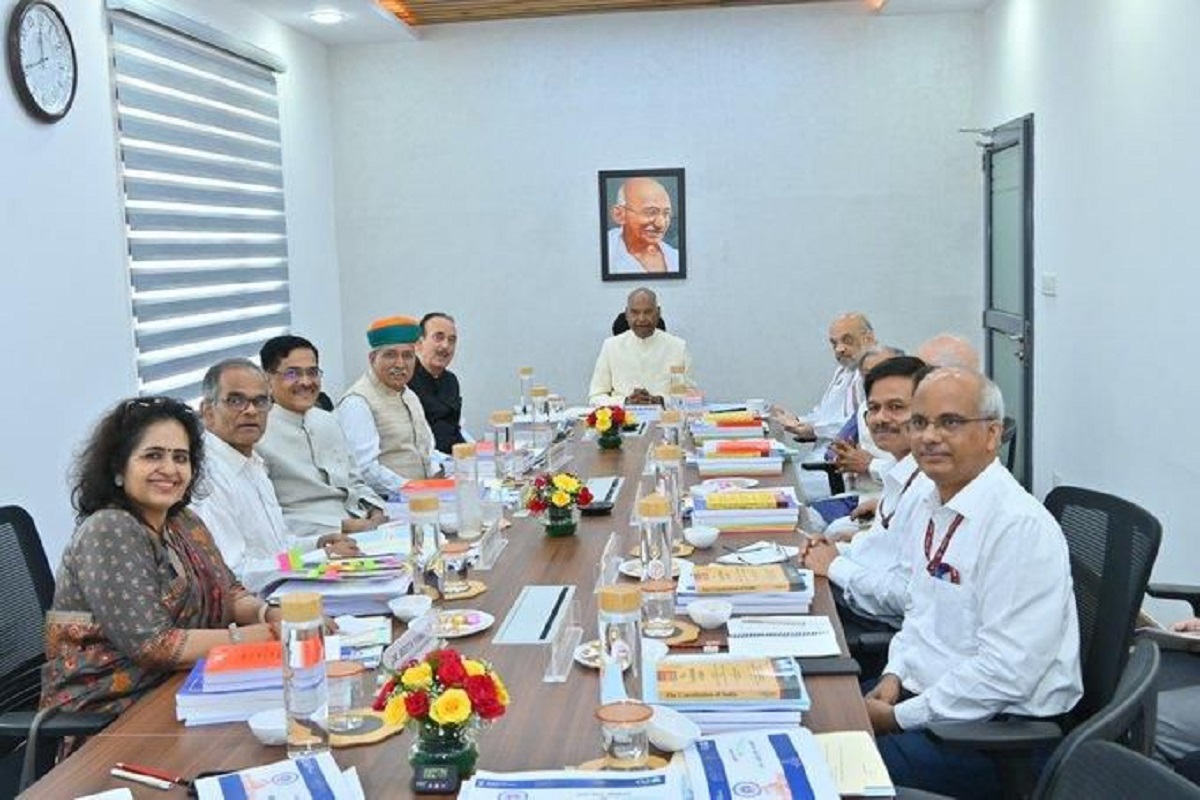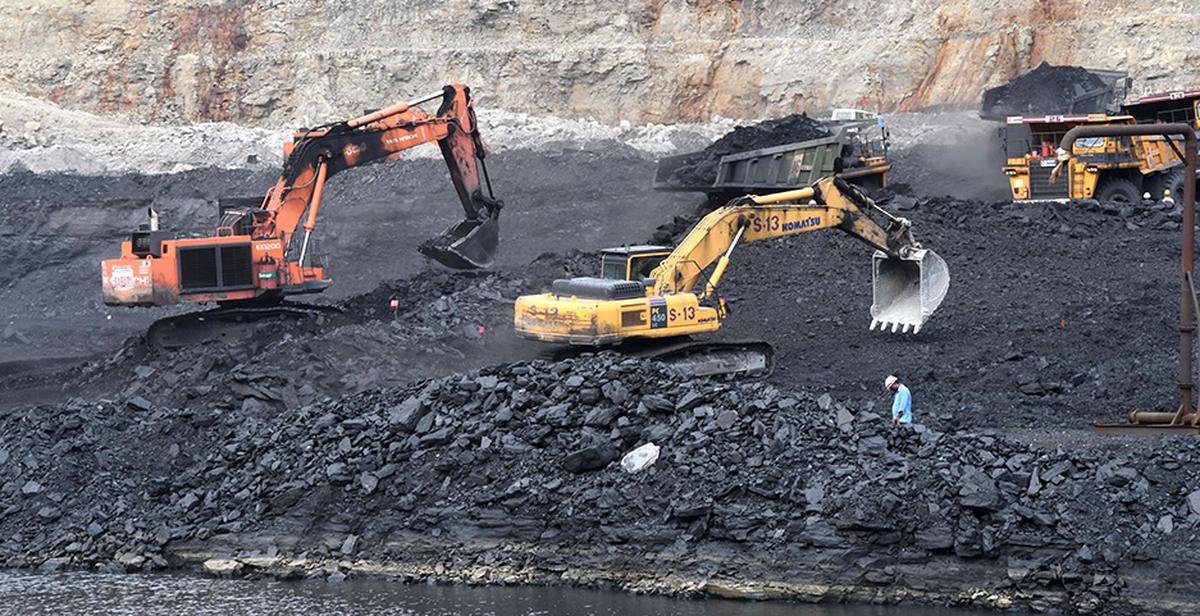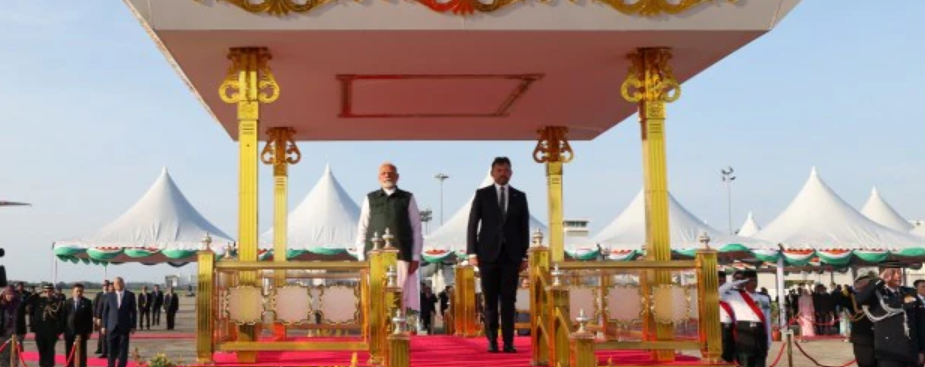The High-Level Committee (HLC) on One Nation One Election (ONE), spearheaded by former President Shri Ram Nath Kovind, has embarked on a critical phase of consultations with State Election Commissioners (SECs). This dialogue, initiated on February 9th, 2024, marks a pivotal step in evaluating the feasibility and ramifications of potentially synchronizing elections across India. While the mere notion of ONE ignites passionate debate, the HLC’s mission transcends simplistic pronouncements of its merits or drawbacks. Instead, it delves into the intricate tapestry of potential impacts, navigating a complex landscape of perspectives, data, and potential consequences.
 Engaging with SECs like Shri Madhukar Gupta (Rajasthan), Shri Sanjay Shrivastava (Former UT of Delhi and Chandigarh), and Dr Dalip Singh (Former Haryana) holds immense significance. These guardians of democracy offer invaluable insights that extend far beyond logistical or legal challenges. Their firsthand experiences shed light on the ground-level realities of public participation, administrative preparedness, and the potential disruption to governance during synchronized polls.
Engaging with SECs like Shri Madhukar Gupta (Rajasthan), Shri Sanjay Shrivastava (Former UT of Delhi and Chandigarh), and Dr Dalip Singh (Former Haryana) holds immense significance. These guardians of democracy offer invaluable insights that extend far beyond logistical or legal challenges. Their firsthand experiences shed light on the ground-level realities of public participation, administrative preparedness, and the potential disruption to governance during synchronized polls.
The HLC’s agenda likely delved into several domains woven into the fabric of Indian democracy:
- Governance Redefined: How might ONE impact policymaking, resource allocation, and bureaucratic efficiency during overlapping elections? The HLC would be keen to understand how states currently manage administrative functions during staggered polls and the potential disruptions or improvements a synchronized system might bring.
- Financial Balancing Act: Evaluating the potential for cost savings or additional expenditures associated with simultaneous polls necessitates a close examination of factors like manpower deployment, security arrangements, infrastructure utilization, and potential litigation arising from consolidated electoral timelines.
- The Evolving Electorate: Understanding the reform’s effect on voter turnout and engagement is crucial. The HLC would likely explore whether fewer, concentrated election periods might lead to political fatigue, media saturation, and altered campaign strategies, thereby impacting voter participation and the overall health of India’s democratic process.
- Constitutional Considerations: Addressing concerns about the reform’s compatibility with the federal structure and existing legal frameworks governing elections is paramount. The HLC would need to navigate potential legal challenges and ensure any recommendations respect the constitutional balance between the centre and states.
Engagement with SECs marks the beginning of a wider consultative process. The HLC’s mandate extends to interacting with political parties across the ideological spectrum, leading voices from civil society, and legal experts with diverse perspectives on electoral reforms. This holistic approach aims to ensure a well-rounded understanding of the reform’s potential benefits and challenges before submitting a report with recommendations to the government.
The “One Nation One Election” proposal remains a topic of intense debate. While proponents tout its potential to streamline the electoral process, minimize disruptions, and reduce costs, opponents raise concerns about its impact on federalism, the potential for misuse by incumbent governments, and its compatibility with the Constitution. As the HLC gathers inputs and weighs the merits and challenges, the nation waits with anticipation to see if this vision will translate into electoral reality.
It is crucial to acknowledge that the impact of the proposed reform cannot be simply labelled as positive or negative. A nuanced understanding requires a deeper examination of its potential ramifications across various spheres – governance, finance, voter behaviour, and constitutional considerations. The HLC’s consultations present a crucial opportunity to delve into these complexities, consider diverse perspectives, and pave the way for an informed and well-articulated report that sheds light on the feasibility and desirability of implementing ONE in India.




